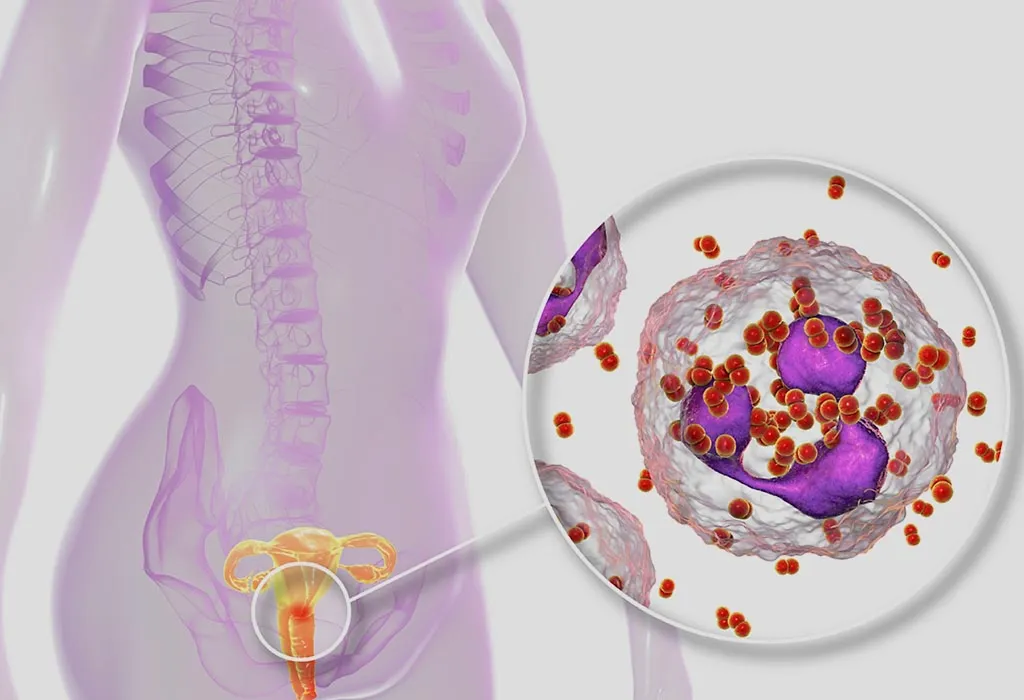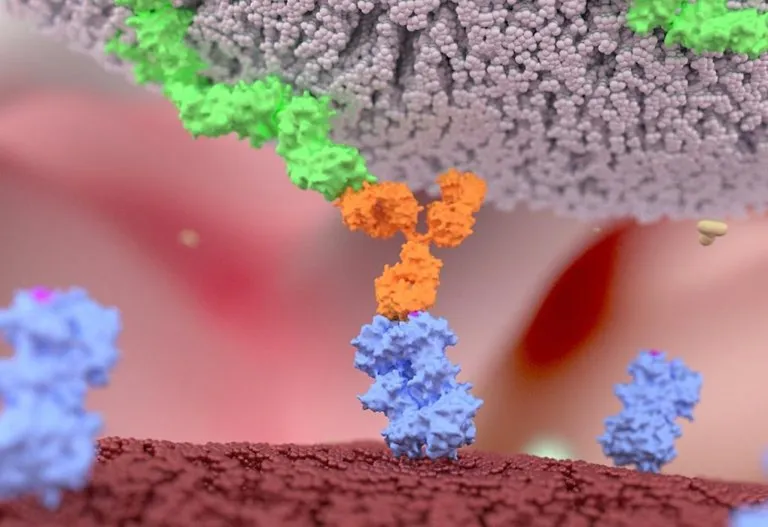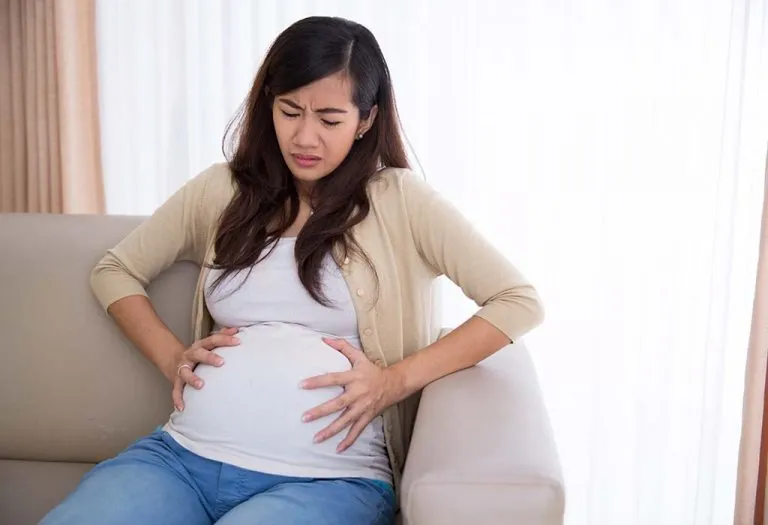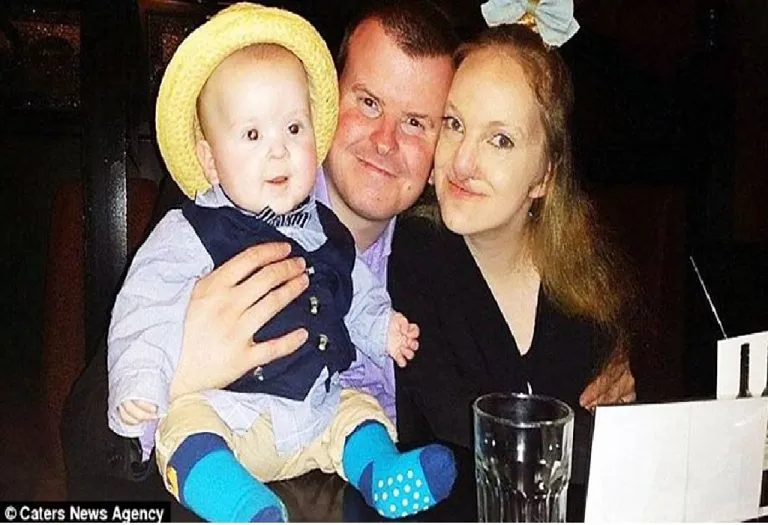Risk of Miscarriage Week by Week

Giving birth to a baby is one of the most blessed feelings in the world. However, sometimes, due to certain complications, a pregnancy may end, i.e., a woman may experience a miscarriage. When a pregnancy ends before 20 weeks, it is termed as a ”miscarriage.” Miscarriage can be depressing and a difficult situation to deal with for a woman. While only about 10 to 20% of pregnancies end this way for healthy women, a loss is still a loss (1). These are the risks of miscarriage by week and various factors that may increase a woman’s chance of miscarriage, which will keep you informed. Staying aware of the possible complications that may surface during the first 20 weeks of pregnancy can help you stay ahead of undue circumstances and save your pregnancy.
Which Factors Increase the Risk of a Miscarriage?
A miscarriage can be described as a loss of pregnancy that usually happens within 20 weeks of pregnancy. In most cases, a miscarriage may occur within the first trimester only. As per some facts, 10 to 20% of pregnant women experience a miscarriage (2). This is perhaps the reason most couples announce their pregnancy once the risk of miscarriage subsides. As your pregnancy progresses, the chances of miscarriage diminish. If you are speculating the factors that may increase your chances of miscarriage, then take a look at the following factors:
1. Genetic Issues
Genetic issues, including chromosomal abnormalities, may be responsible for approximately 50% of the abortions that happen within the first trimester of pregnancy (3). A baby inherits 23 chromosomes from each parent. If either of the chromosomes is defective or missing, it may lead to complications that may result in a miscarriage.
2. Certain Kinds of Infection
Sometimes a pregnant woman may suffer from infections of cervix or uterus such as mycoplasma, Chlamydia, ureaplasma or gonorrhoea. All such kinds of infections may prove to be fatal for the growth and development of the growing baby and may lead to a miscarriage.
3. Progesterone Deficiency
Progesterone is a very important hormone during pregnancy. Sometimes when the body is unable to produce ample amounts of this hormone in the body, a miscarriage may take place.
4. Blood Clotting Disorders
It is important for our blood to have a good amount of clotting ability as it saves us from excessive bleeding during injuries, surgeries or other such situations. However, sometimes certain blood disorder may occur in women. Therefore, if a woman is suffering from health conditions such as antiphospholipid syndrome or lupus anticoagulant. These conditions may lead to a clot in the placenta, which in turn may hamper oxygen and the nutrients getting passed on to the foetus, leading to miscarriage.
5. Anatomic Problems
A miscarriage may also occur if a woman suffers from anatomic issues. This may happen when the uterus, which is responsible for supporting the foetus, does not form properly and may not be in a position to sustain a pregnancy.
Chances of a Miscarriage By Week
If you suffer from miscarriage, the chances are that it may have happened mostly due to factors that may not be under your control. As discussed above, most cases of miscarriage either happen due to genetic reasons (this may happen if either of the sperm or egg is unhealthy or being damaged) or other unknown reasons and almost 80% of miscarriages may usually happen within 0 to 13 weeks of pregnancy (2). However, as you progress with your pregnancy, the miscarriage rates by week may decrease. According to the March of Dimes, the miscarriage rate in the second trimester is only 1 to 5 per cent, thus indicating that the chance of miscarriage week by week decreases (1). In the following section, we shall discuss the estimated risk of miscarriage by week:
1. Chances of Miscarriage From Week 3 to Week 4 of Pregnancy
This is a phase when the process of implantation occurs, which is approximately 3 weeks after a woman has her last period. Around week 4, a home pregnancy test may fetch you positive results. However, many women experience miscarriage, even before they come to know about their pregnancy through a doctor or by a home pregnancy test. It is seen that as many as 50 to 75% of pregnancies may result in miscarriage around this time.
2. Chances of Miscarriage in Week 5 of Pregnancy
As you start with your week 5 of pregnancy, the risk of miscarriage may vary considerably. According to a study, the risk may reduce to approximately 20% by the time a woman is 5 weeks pregnant. Age also plays an important role in determining your chances of the risk of miscarriage at this juncture. If you are below 30 years old, your risk may vary from 9 to 17%. However, if you are 40 years old or older, your chances of miscarriage may increase substantially, that is, from 40 to 80 per cent.
According to a 2007 study published in the BJOG, as compared to women below the age of 35, women within the age range of 35 to 39 have about 75 per cent increase in the risk of miscarriage and women aged 40 and above are at five times the risk of miscarriage (4). Further findings concluded that stress, history of previous termination, low pre-pregnancy weight, and change of partner were also associated with the risk of first-trimester miscarriage.
3. Chances of Miscarriage From Week 6 to Week 7 of Pregnancy
Around this time, you may be able to hear your baby’s heartbeat for the first time; this is indicative of the fact that the foetus is comparatively mature. Therefore, by this time, the risk of miscarriage diminishes considerably, and it is seen that only 5-10% of pregnancies may end up in abortions (5).
4. Chances of Miscarriage From Week 8 to Week 13 of Pregnancy
As you enter this phase of your pregnancy, you are almost reaching the second half of your first trimester. This means the risk of miscarriage by week 8 becomes substantially low. It is seen that only 2 to 4% of pregnancies end up in miscarriage once they reach this stage of pregnancy.
5. Chances of Miscarriage From Week 14 to Week 20 of Pregnancy
As you come close to the completion of your first trimester and descend into your second trimester, the risk of miscarriage becomes fairly low to negligible. It is observed that less than 1% of women who reach this stage of pregnancy end up losing their pregnancy.
If an abortion takes place at 20 weeks or later, it is not called a miscarriage or abortion but is called a stillbirth, and the woman may have to undergo labour to deliver the baby. However, stillbirths have become a rare occurrence in the present-day scenario because of the great advancements in medical technology. At the same time, it is highly unlikely that a baby may survive outside the mother’s womb as early as 22 weeks of pregnancy. However, the chances of premature babies surviving keep increasing as you move ahead in your pregnancy. If you stay in a high-income country and your baby is born at 26 weeks, then there are approximately 77% chances of survival. However, if your baby is born at 30 weeks or later, the chances of survival are quite substantial.
FAQs
1. What are the possible signs and symptoms of a miscarriage?
Some of the common indicators of a miscarriage are cramping in the abdomen, lower back, or pelvis and bleeding (6). Light bleeding or spotting of brown or dark red colour is quite common in the early stage of pregnancy, but if you see bright red blood in large quantities, you should contact your doctor right away. Similarly, cramping is also usual in pregnancy, but if it happens severely or particularly on one side of the pelvis, this should be enough indication to contact your doctor without any delay.
2. How can you prevent a miscarriage?
A majority of miscarriages happen due to unforeseen or unavoidable reasons that are beyond your control. The best you can do is ensure you stay healthy before and after conceiving (7).
- Eat a healthy and balanced diet.
- Avoid processed and junk food.
- Exercise regularly.
- Reduce caffeine consumption to 200 mg or less per day.
- Avoid smoking, alcohol, and recreational drugs.
- Have routine medical check-ups on time.
3. What is the most common week of miscarriage?
Most miscarriages happen within the first 12 weeks of pregnancy.
If you have had a miscarriage, this does not mean that your subsequent pregnancies may end up in miscarriages, too. The likelihood of having recurrent or repeated miscarriages is low, which only occurs in about 1 per cent of women, as per the American College of Obstetricians and Gynecologists (8). Many women who have had miscarriages have had healthier pregnancies after that. However, if you have had two or more miscarriages, then your doctor may suggest you meet a genetic counsellor. If a woman is slightly on the older side or is into smoking, drinking alcohol, taking illegal drugs, or suffering from hormonal disturbances, then she is more likely to have a miscarriage. If you have any such concerns, you must make an appointment with your doctor and talk about your condition in detail to avoid the risk of miscarriage.
Also Read:
Early Miscarriage
How to Heal From a Miscarriage?
How Can You Avoid a Miscarriage?
Possible Signs and Symptoms of Miscarriage
Was This Article Helpful?
Parenting is a huge responsibility, for you as a caregiver, but also for us as a parenting content platform. We understand that and take our responsibility of creating credible content seriously. FirstCry Parenting articles are written and published only after extensive research using factually sound references to deliver quality content that is accurate, validated by experts, and completely reliable. To understand how we go about creating content that is credible, read our editorial policy here.




































